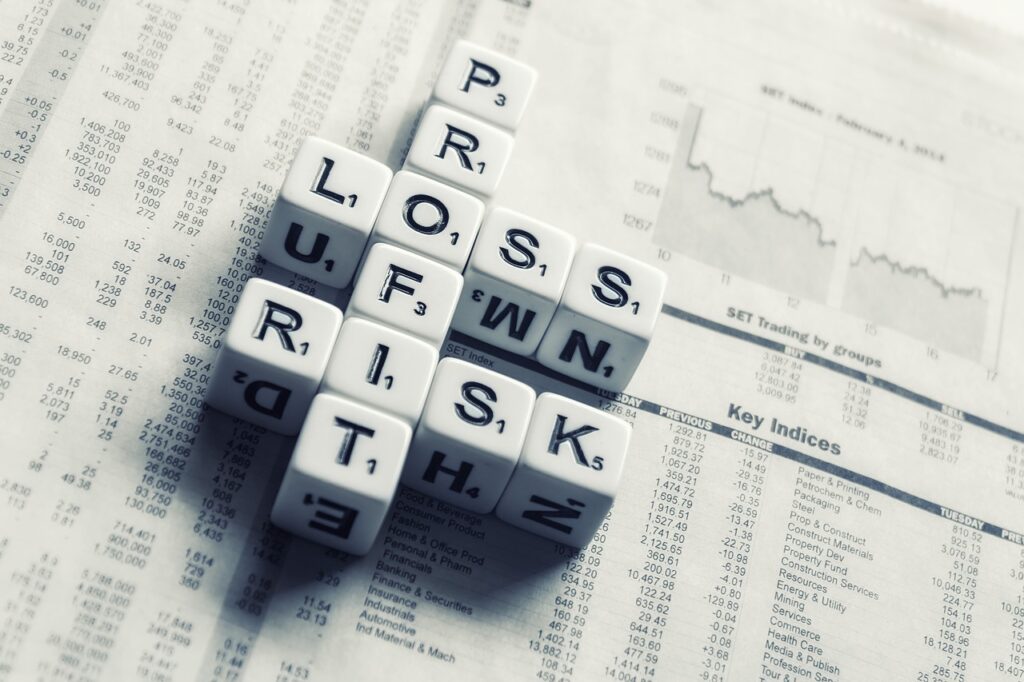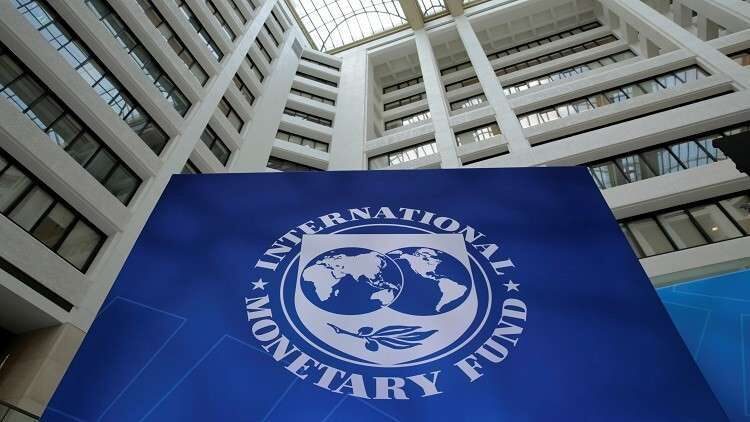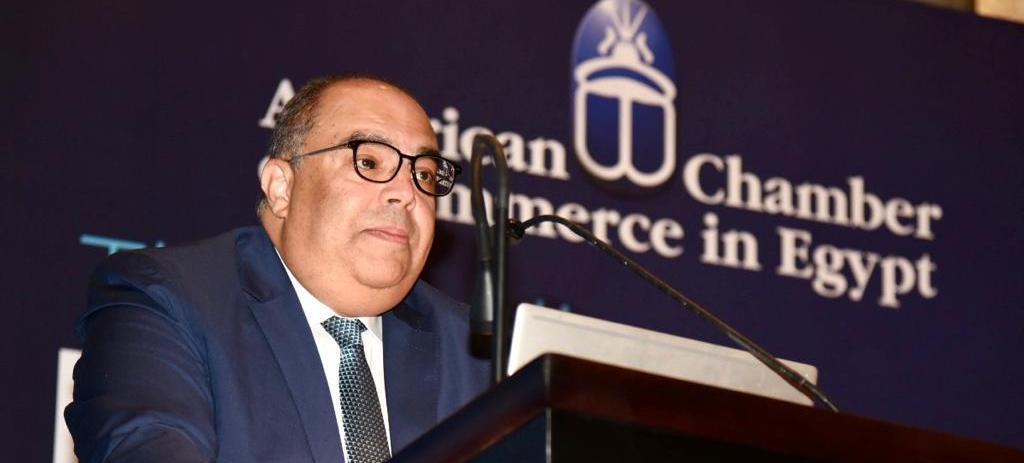Egypt’s investment climate currently faces numerous challenges that have deterred potential investors including a shortage of US dollars, hot money outflow, a weak local currency, high inflation, and substantial government debt.
According to the IMF, Egypt’s government gross debt is projected to reach 92.9% of GDP by 2023, the highest among emerging markets and middle-income countries at 88.5%.
Ahmed Elmestkawy, senior economist at the General Authority for Investment and Free Zones (GAFI), highlighted to Business Monthly significant hurdles for the private sector in Egypt like the volatile foreign exchange market, difficulties in importing machinery and raw materials, and challenges in meeting financial obligations. He noted that the high-interest rates imposed by the Central Bank of Egypt since the war in Ukraine began have further amplified borrowing expenses for businesses.
 Private-sector led investments
Private-sector led investments
To address these issues and attract more investment, Elmestkawy emphasized the need for a holistic economic vision that fosters a private-sector-led investment climate. Currently, private investment constitutes only 26% of total investments, which is a concern, he warned. Investors require reassurance about the macroeconomic indicators and investment facilitation, as well as legal certainty regarding taxes, customs, and incentives, he said.
“Investors need predictable, transparent, and stable financial and monetary policies, streamlined authorization procedures ensuring the swift processing of applications, besides legal certainty about the investment regime including on taxes, customs, and incentives,” Elmestekawy said.
Despite these challenges, Egypt possesses several advantages as an investment destination, such as its strategic location, available land, solar and wind power capacity, human capital, and a large domestic market. These factors position Egypt to serve as a manufacturing hub for Africa and the MENA region, he noted.
To address the US dollar shortage, the Egyptian government is taking measures, such as issuing high-yield US dollar-denominated certificates of deposit for Egyptian expats and focusing on remittances, Suez Canal revenue, and commodity exports to boost dollar liquidity.

Tackling FX market’s imbalances
Ramona Moubarak, head of MENA Country Risk at Fitch Solutions, also stressed the need for more actions to tackle imbalances in the currency market. She said Egypt’s privatization plan provides short-term stability yet needs to be complemented with sustainable foreign currency inflows, such as foreign direct investment (FDI) and expanding the export base, she told Business Monthly. Increasing FX sources by about $70 billion annually is a key plan, but further details about it are required, Moubarak said.
“More than a year ago, I said that Egypt is in a race against time and is walking a tightrope. The recent developments are good news and a good start, but of course, more is needed to address the imbalances in the currency market,” Moubarak said.
Moubarak believes that the IMF’s first review may only be completed after the currency is devalued in the second half of 2023, though there’s uncertainty about the timing due to concerns about rising inflation.
Egypt has missed two scheduled times of the first review of the program, March 15 and June 30, as the country has not fulfilled its commitments; particularly in terms of making tangible progress on its IPO program, as well as applying further depreciation of the EGP and flexible interest rates.
The delay in fulfilling commitments has affected the review process, and addressing the FX issue is crucial to encourage foreign investors, Moubarak said.
While Egypt has introduced pro-business reforms, there are still challenges related to red tape, a complex regulatory system, and a taxing tax system, Moubarak added. Furthermore, long-term FX risks persist unless sustainable FX sources are secured.
Egypt ranks in 86th place among 202 markets on our Operational Risk Index (the index focuses on four main risk areas: labor market, trade and investment, logistics, and crime & security.
Improving Egypt’s investment climate requires addressing the challenges of FX imbalances, implementing investor-friendly policies, and encouraging sustainable sources of foreign investment. Streamlining authorization procedures and providing legal certainty are essential to attract more investors and promote economic growth.







